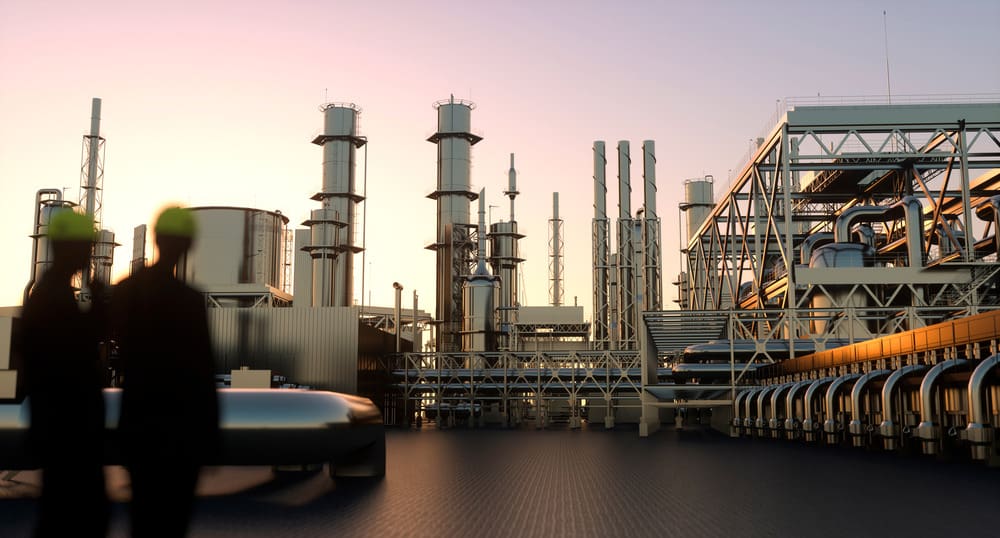Plastics and Its Quandary: Industries that have Great Potential to Create Jobs and Spur the Economy are not without Downsides
According to the latest figures available from Stats SA, the plastics manufacturing sector had an estimated turnover of R11.7bn in 2019, with net profit after tax and dividends an estimated R610m. Downstream, the plastic products manufacturing sector had an estimated turnover of R71.8bn with net profit after tax and dividends of R2.8bn.
The aggregate industry employed over 60 000 people during the 2020 financial year alone. Making it a huge well for job creation and therefore a prime industry for uplifting the economy as well as reducing the unemployment rate.
The recycling of plastics saw 3 billion rand injected into the informal sector through the purchasing of recyclable plastics waste in 2018. In that same year, plastics recycling saved 246 000 tons of CO2, which is the equivalent of the emissions of 51,200 cars.The recycling industry has also provided direct employment to more than 7,800 people and create 58,500 income-generating jobs.
Almost every single sector relies on or utilises plastic products in one way or another. In 2018, the South African plastics industry converted more than 1.8 million tons of polymer into plastic products.
Whilst recognising the importance of this industry, we cannot ignore the concerns raised in some reports that claim that by 2050, there will be more plastic than fish in the oceans. Plastic pollution and its negative impact on the environment is real and requires forward thinking and innovation by the industry, governments and the citizenry. We need to look for more innovative ways and the use of new technologies that will preserve and grow the sector. The use of natural and or bio-degradable materials as well as energy efficient methods can offer sustainable solutions for preserving and growing this important sector.
The South African Initiative to End Plastic Waste was formed in 2019 to find solutions to plastic pollution. Players from the whole plastic packaging value chain form part of a working group tasked to focus on technology, innovation and design, infrastructure, bioplastics and alternatives, education and awareness.
All aspects that matter in shaping the future for plastics need to be reviewed and improved in order to leverage the benefits of the sector to secure sustainable means for economic growth and employment creation. The solution lies in finding a comfortable medium whereby government creates an enabling environment through policy and a taxation and levy regimen that does not stifle growth allowing the industry to be more innovative in the way plastic is manufactured.
The revenues generated by levies or taxation can be used to maximise public good by supporting environmental projects and encouraging recycling with the seed funding, in the process creating jobs in the plastic recycling sector.
In frank language, plastics because they are so pervasive, useful and economically important, are here to stay. The way forward should follow a path of research and new developments that would make its manufacturing and uses, and that would include responsible behaviour by consumers, more environmentally friendly.
Contact us to access WOW's quality research on African industries and business
Contact UsRelated Articles
BlogCountries ManufacturingSouth Africa
FMCG in the era of sustainability: South Africa’s story
Contents [hide] The drivers of FMCG in South Africa As explained in the WOW report on fast moving consumer goods (FMCG) trends in South Africa, FMCG covers all the things...
BlogCountries ManufacturingSouth Africa
The Evolution of South Africa’s Cosmetics Industry: Past Growth and Future Opportunities
Contents [hide] South Africa’s cosmetics industry has grown significantly over the past few decades and evolved from a market once dominated by international brands into a vibrant sector with dynamic local...
BlogCountries ManufacturingSouth Africa
The future of oil and gas in South Africa
Contents [hide] The latest WOW report on the petroleum industry in South Africa indicates that the future of oil and gas in South Africa is at a critical stage. Oil...





